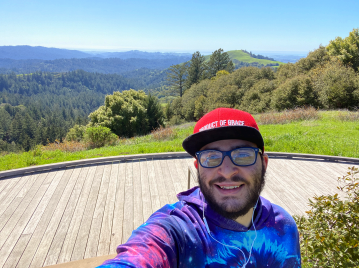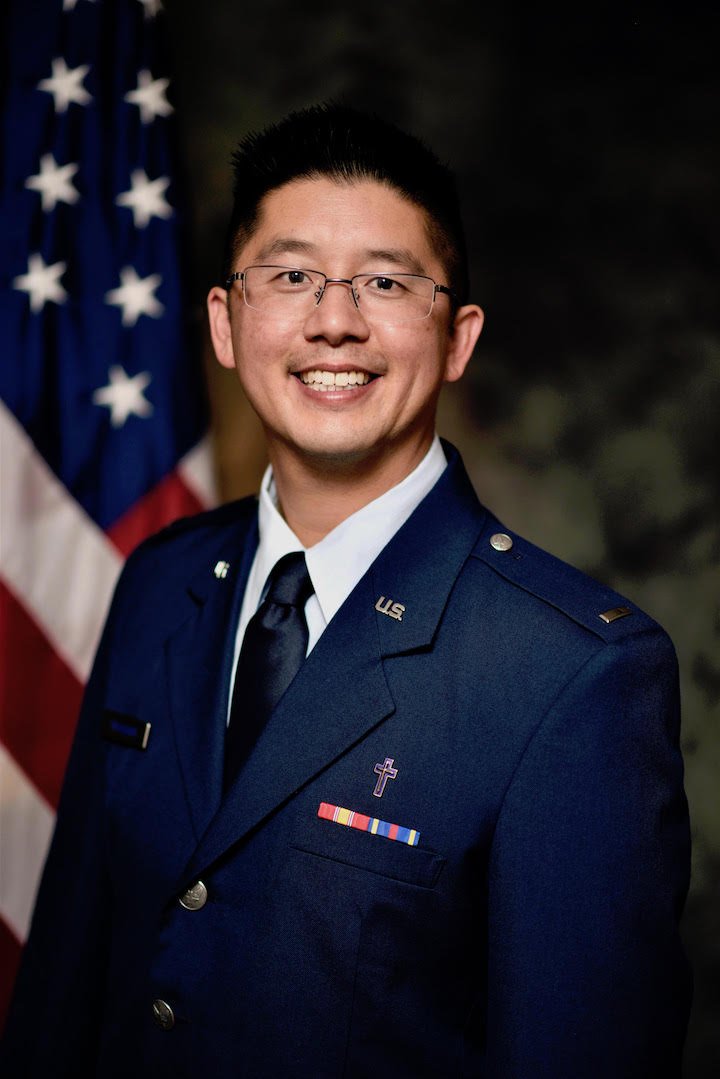But how do we determine what is real? Definitely our values, faith and ideologies contribute but there’s more. Education plays an important role. And for the last couple decades, STEM education has been an important part of our developing societies to better understand reality to improve human life.
When scientists (ie. mid-1920s Niels Bohr, Erwin Schrödinger, Werner Heisenberg, Max Born and others) uncovered and studied quantum mechanics, the atomic/ sub-atomic level of reality, they developed a theory that could accurately describe the behavior of the universe’s basic building blocks and forces. This theory has contributed substantially to modern technology and engineering.
However, when scientists look at the tiniest stuff in the universe, they’ve found things at that level are really weird. Contradictory things seem to happen at the same time. Things become uncertain. We have to use probability, making weird guesses about the bizarre behavior of particles. Things appear to be in two places at the same time, or teleport from one location to another. Everything is interconnected (quantum entanglement: humans, stars, galaxies are connected to an invisible energy in a place beyond space and time). Everything is held together by light. At the smallest level of everything, the world (as we know it) seems to turn upside down. All commonly held notions of stability seems to break down. For me, this lines up with the Biblical idea that God is one and that through Christ (the universal logos) sustains all things.
Many people think quantum mechanics don't make sense. Is it a mystery? Can we really understand it? Actually, it’s one of the strongest scientific theories in history. Scientists know a great deal about what's going on with the smallest particles in the universe. The problem is, when investigated, things at the quantum level don’t match common notions about reality. This doesn't mean what's going on is unknown. It means what's going is just weird according to status quo perceptions of how things are.
This science is revealing the intimate nature of reality, ie. uncertainty, opposites, apparent contradictions are inherent in the fabric of the cosmos. And human reasoning and constructs often times don’t hold up. The acceptance and application of quantum mechanics has resulted in tremendous benefit for the world. No I’m not talking utopia. There’s still plenty of bad but we’ve progressed! It’s like even though I still struggle and have issues, I’ve seen positive progress in my life as well as those of many I know, when the intimate nature of reality is discovered and embraced. Acceptance and application of deeper, fuller truths bring integration, healing, and wholeness.
As I’ve contemplated this cosmological mystery, I see there’s an important parallel that can help us better understand the complexities of life, and empower us to be better spouses, parents and even leaders in our work place.
A universal reality: all things (our interiors and external situations) consist of diverse elements. Particles and waves, Light and darkness, good and bad, protons and electrons, right and wrong, successes and failures, spiritual and physical, joy and sorrow, love and fear. If this is an inherent facet of everything, including ourselves and all we interact with and are responsible for managing, then we need to have a deeper understanding, capacity, and ability to reconcile differences and make sense of things that don’t seem to make sense. Increasing our ability to integrate perplexing differences and difficulties increases our capacity for peace and experience of wholeness/ oneness. If not, if we continually see things as either-or (it’s either good or bad, right or wrong etc.) we become victims to tragedy, loss, injustice, oppression, and suffering because extremely painful experiences do not easily make sense. Dualistic mindsets do not foster emotional agility and existential flexibility to heal and recover. They only perpetuate outdated belief systems that maintain the status quo and they oppose the transformation/ individuation that ushers in authentic, healthy power that truly unites and makes whole.
If we prioritize depth and the arduous path to develop life-giving wisdom, we can be agents of integration and peace. We can contribute to the world’s movement away from injustice, war and devastation. We can grow in wholeness that redeems everyone and everything so that each and every person realizes and experiences their unique beauty, strength, and honor.
Our children, who are the future, can be contributors to solving the world’s biggest problems:
Climate change / destruction of nature
Large scale conflict / wars
Inequality (income, discrimination)
Poverty
Religious conflicts
Government accountability and transparency / corruption
Quantum physics reveal matter and energy behave in weird, unpredictable ways. We might even say everything has mystery within it. Scientists have discovered what is inside the most intimate places of matter and energy. And for many people’s current consciousness, it doesn’t make sense. Does this mean the universe doesn’t make sense? Or perhaps it just means reality can’t be understood by people’s current mindset.
I think mysteries are best understood through wholeness, whether the mystery involves our relationships, work, or even those that harm others. When our head, heart, and body are working together as a team, and we collaborate with others who are also growing their personal unity, we will find better solutions that are more comprehensive and sustainable, dynamically adjusting to real world changes and challenges.
If you’ve made it to this point, you’re awesome! Thanks for being patient as I’ve tried to wade through some scientific complexities to make this point: as parents and leaders, we must evolve our understanding of reality to better love, lead, and serve the ones we cherish.
Quantum mechanics communicates a cosmological message: in our intimate, interior places, we mustn’t hold onto our desire for binary certainties (ie. it’s always got to be this or that/ my way or the highway; us vs. them; that’s just the way it is). The Royal Society’s motto is nullius in verba, ie. take nobody’s word for it. It implies there’s always more to learn and new ways of being and doing. It’s about rejecting what has always been in order to discover greater truth and reality. This openness moves us away from domination of authority and so that we can verify all statements by an appeal to facts determined by experiment and real life experience. When we fail to healthily hold tensions and differences, we become polarizing agents and our families and organizations suffer disintegration. Instead, we’ve got to get better at reconciliation and integration of differences (whether it be race, sexual identity, socioeconomic or whatever we think is best that causes us to dismiss/ marginalize and discriminate others). When our loved ones differ in their values, choices, and direction and we strongly disagree, we must not resort to violence, control or passive aggressiveness. (Of course this doesn’t apply to every situation, especially when faced with genuine threat and harm.) If our fear of loss and failure is so strong that we mistreat the ones we love “for their own good”, we are not in line with how reality works. We will find ourselves on the wrong side of history; we become oppressors instead of liberators. Rather than being a part of forward progress towards peace and benevolence, we will find we are aligned with those that harm, hinder, and are resistant to life.
Family Connections Coaching seeks to support the development of parents and leaders who want to be authentically aligned with how the universe was created to function, as a whole. To best serve and lead, we need to grow in wholeness. But often times, we lack traction to prioritize and commit to the process. Distractions abound, internally and externally. Healthily managing how we take care of ourselves, our relationships and our work is a primary task but is this level of management on our dashboard? Here are some symptoms of missing this gauge:
Diminishing health (physical, mental, emotional, spiritual, organizational)
Lack of meaningful connection and delight with others (family, friends, colleagues)
Burnout/ lack of compassion and empathy.
If you have any or all of these symptoms, message me and let’s discuss what is needed for positive, sustainable change.
To the extent we develop truer understanding into reality, and act upon that understanding, the more we will bless and support those who live and work with us. Not only will our love, leadership and service improve, but longevity and succession planning will be experienced and implemented appropriately. Wholeness empowers and equips us to think and act more comprehensively in ways where all are lifted and blessed.











